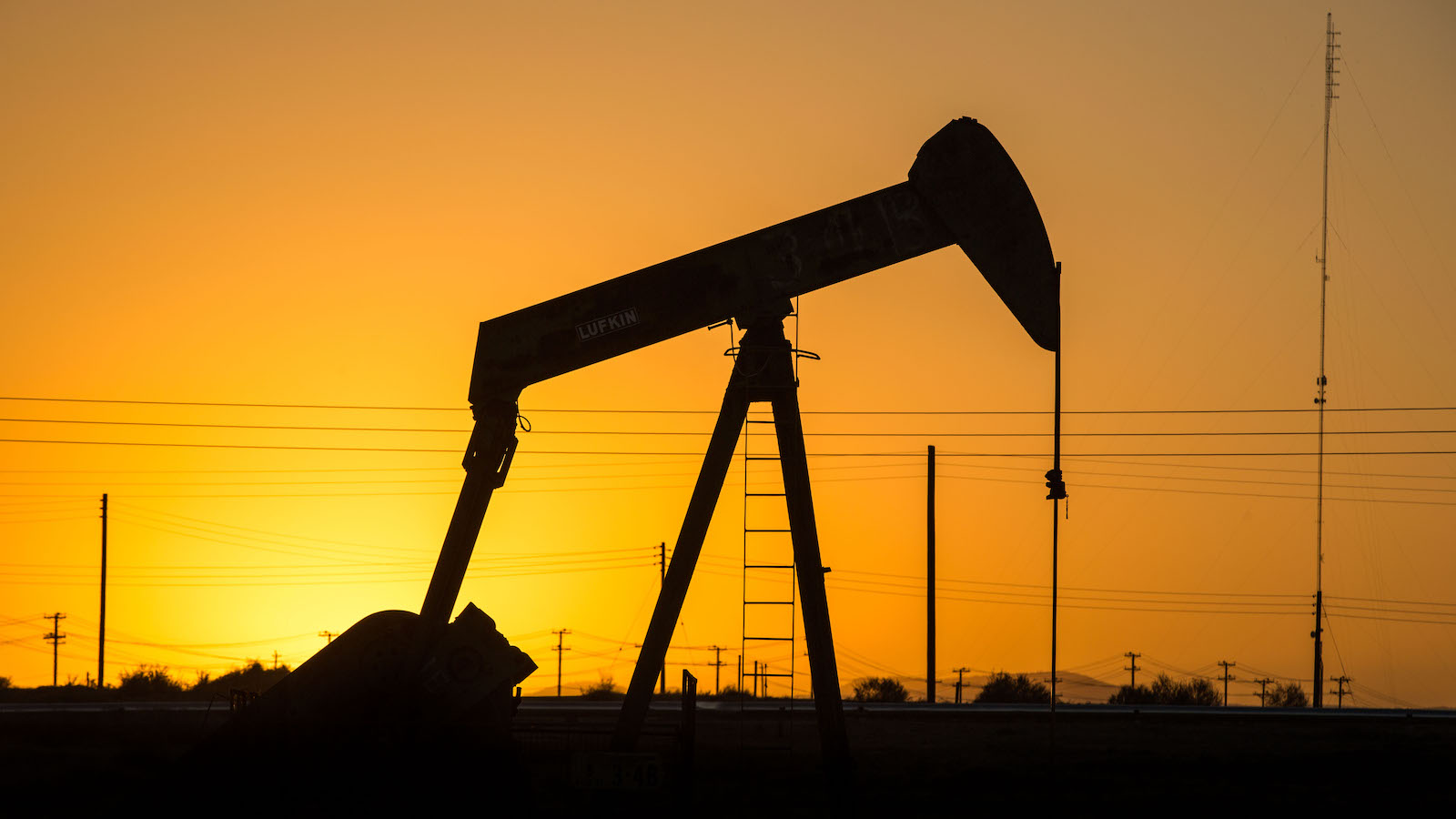This story was originally published by The Guardian and is reproduced here as part of the Climate Desk collaboration.
The worldwide energy crisis has reignited demand for oil, posing a threat to the world’s climate ambitions and the global economic recovery from COVID-19, according to the International Energy Agency.
The global energy watchdog said the shortage of gas and coal across the biggest economies, which has caused energy markets to rocket, could trigger a faster-than-expected rebound in the oil market and drive demand to above pre-pandemic levels as soon as next year.
The Paris-based agency said this would greatly increase costs for energy-hungry industries which, along with power outages, could lead to lower industrial activity and a slowdown in the world’s economic recovery from the pandemic.
“Record coal and gas prices as well as rolling blackouts are prompting the power sector and energy-intensive industries to turn to oil to keep the lights on and operations humming,” the IEA said.
In China, the producer price index, or PPI, which reflects the prices factories charge wholesalers for their products, rose by 10.7 percent in September compared with the same month last year. China’s factory gate inflation stands at a 26-year-high after a months-long global commodity price rally.
The world’s second largest economy has been dealt a double blow by soaring commodity prices and rolling blackouts across at least 20 of its 31 provinces. Last month there was a surprise slowdown in the Chinese economy amid curbs on electricity use and rising prices for commodities and parts that led to a slump in output.
The IEA said rising energy prices had added “inflationary pressures that, along with power outages, could lead to lower industrial activity and a slowdown in the economic recovery.”
The warning came as John Wood, the chief executive of the marine engineering company Harland & Wolff, forecast a deterioration in U.K. energy supplies. Speaking on BBC Radio 4’s Today program, he said the company expected to “see the lights going out imminently and brownouts happening.” Brownouts occur when a utility reduces the flow of power to a particular area in order to avoid a blackout.
Harland & Wolff has set out plans to increase the U.K.’s overall gas storage capacity by a third with a new facility that would use salt caverns 1,500 meters underground near Larne in County Antrim.
The U.K.’s overall gas storage is among the smallest in Europe, but Harland & Wolff’s Islandmagee project would not come in time to ease the current energy crisis, which has led to record high gas prices and claimed 15 small energy suppliers this year.
Daligas Limited, which supplied gas to about 9,000 domestic and non-domestic customers, became the latest supplier to drop out of the energy market on Thursday afternoon. Its failure follows Wednesday’s collapses of Pure Planet, which supplied energy to 235,000 homes, and Colorado Energy, which supplied gas and electricity to 15,000 homes.
There are fears that up to 18 more suppliers could go bust in the coming weeks after the Yorkshire-based CNG, a company that helps small suppliers to access gas on the wholesale market, warned its customers it would halt shipments due to the risk in the gas market.
Oil prices are now expected to follow the steady rise of global gas prices as demand for crude increases. The recent rise in oil demand, which is 500,000 barrels a day higher than normal, has caused market prices to climb by more than a quarter in the last eight weeks, compounding the impact of record high gas and coal prices. The price of Brent crude has reached almost $85 a barrel, its highest in the last three years.
Energy prices are likely to continue to rise, according to the IEA. It has predicted oil demand would outstrip supply by 700,000 barrels a day over the rest of the year, suggesting higher market prices in the weeks ahead. Goldman Sachs, a leading oil trader, has raised its oil price forecasts to $90 a barrel for this year.
On Wednesday the IEA’s executive director, Fatih Birol, said a sharp rise in oil and coal demand could spell the second largest increase in CO2 emissions in history because governments had not seized the opportunity for a “green recovery” from the pandemic.
The agency now expects global oil demand to climb by 5.5 million barrels a day this year and by 3.3 million a day in 2022, when it is forecast to climb slightly above pre-COVID levels to 99.6 million a day, according to its latest market report.
“We are witnessing an unsustainable recovery from the pandemic,” Birol said, and he called on governments to “come together and give a political message to the world that we are determined to have a clean energy future.”
Birol also dismissed recent claims that the energy price crisis had been partly caused by efforts to make the transition as “inaccurate and misleading.” In a clean energy world “the shocks coming from doubling of oil and gas prices will be felt much less by consumers,” he said.



